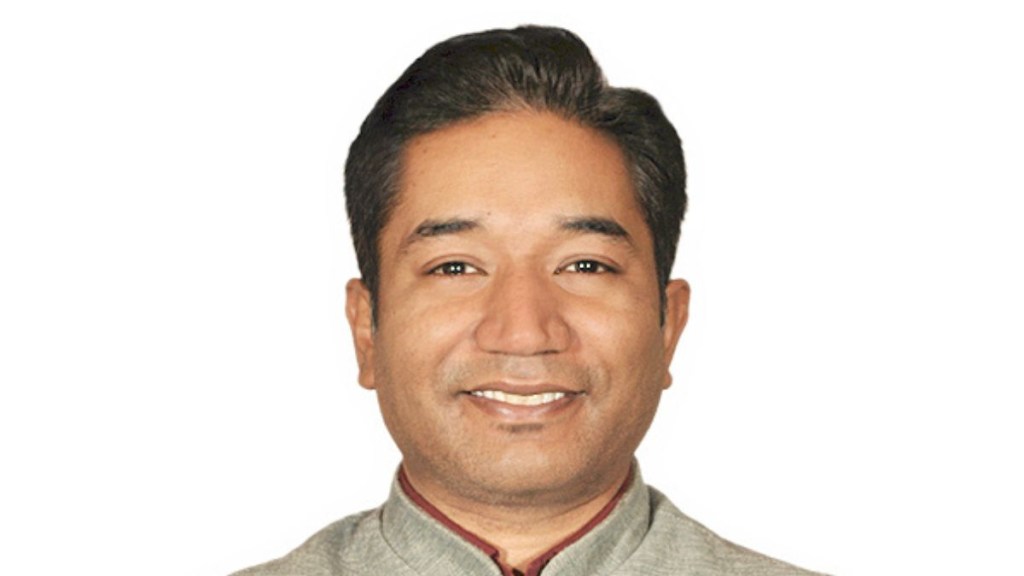By Abhishek Ranjan
Online skill gaming has changed the rules of engagement with sports and gaming. The aspect of sports as passive entertainment is now a thing of the past. With the engagement levels of participants rising with smartphone penetration and growing internet usage in the country, online skill gaming is poised to be the sunrise sector in India. The current goods and services tax (GST) regime that the industry adheres to is at the rate of 18% of the platform fee or gross gaming revenue (GGR) earned by the operating platforms. A group of ministers (GoM) has been tasked with making recommendations for proposing a new structure. According to media reports, a levy of 28% GST on the complete contest entry amount (including the prize pool) may be considered.
This consideration needs to be reevaluated, since it proposes a similar tax structure for the online skill gaming industry as games of chance, such as gambling and betting. The supreme court of India and various high courts have analysed the various aspects in detail and held that popular games such as rummy, fantasy sports, poker, among others, qualify as a game of skill since it requires a person to learn, adapt and improvise on the nuances of the game. The Indian judiciary has clearly stated that games of skill are a legitimate business activity protected under Article 19(1)(g) of the Constitution of India. The judiciary has affirmed this view, therefore lending to the question of whether they should be subjected to similar tax norms.
Games of chance, such as gambling and betting, can be differentiated in the first instance itself. They are based on unpredictable outcomes as luck is the governing factor in such activities. The uncertainty increases as there is no skill involved, but money is still wagered as consideration. It does not depend on a structured evaluation of the game. Games of skill, on the other hand, take a more principled approach. To win, the individual needs to have the requisite experience and an extensive knowledge base of the game. There is a definite learning curve to develop the necessary skills and continuously hone them to adapt to different scenarios. Luck is not a factor, as players rely on their skills to achieve success.
According to a joint report by ASSOCHAM and EY, online skill gaming has multiple unique features that lend to the conclusion that this industry deserves a helping hand from the Government for it to flourish. Online skill gaming businesses are protected under Article 19(1)(g) of the Indian constitution and operate as legitimate business entities. Fixed considerations are charged by these platforms as revenue in the form of platform fee which is not dependent on the outcome of the game, unlike games of chance. These platforms are technological products, to facilitate the gaming experience for the end user. Online skill games (such as rummy, poker, fantasy sports, etc.) involve active participation and/ or interaction among users with a primary focus on entertainment value. The players constantly engage with one another, apply skills, and use their knowledge while playing the game. Operators have no participation in the games, as they only provide the necessary infrastructure. The prize pool is not in the possession of the operators at any time, and redistribution to end users is immediate and transparent. Further, the winnings for an individual are already subject to income tax, reinforcing the transparency of all transactions.
According to the same joint report, the industry has provided an unprecedented infusion of FDIs to the tune of USD 2.7 billion. By 2025, India is projected to increase to 5% of the global market for online skill gaming, with an annual growth of around 25-30% helping create over 1,60,000 new jobs annually. The government’s vision for a digital India depends on the business viability of these platforms. Ancillary industries such as data centres and cloud services also stand to benefit from the progress in the online skill gaming industry. With the advent of 5G around the corner, the contribution of this industry is only set to reach new heights.
The author is the founder of Policy Matrix, a public policy think tank
Also Read: ZEE Entertainment’s equity shareholders approve proposed merger with Sony Pictures Networks India with a majority

